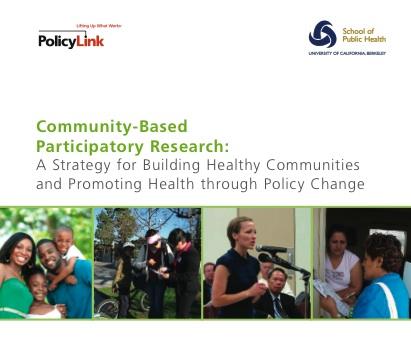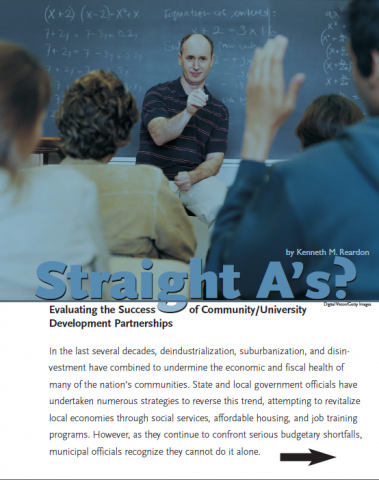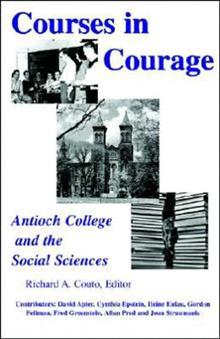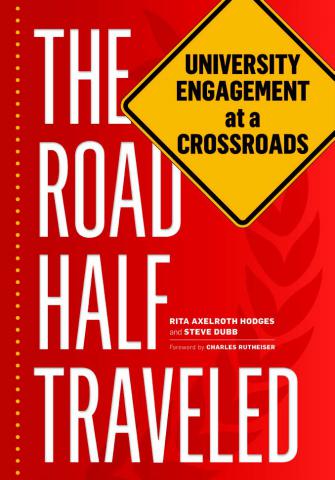In a policy memo from the Progressive Policy Institute, Ira Harkavy and Rita Axelroth Hodges of the Netter Center for Community Partnerships at the University of Pennsylvania call on government to increase its support fo partnerships between communities and institutions of higher education. Given the immense resources available to colleges and universities, these anchor institutions have the potential to ground civic partnerships working to revitalize local communities. To do so, they must change their organizational structures and make civic engagement a core principle across all levels of the institution. The federal government, by targeting existing resources, directing financial incentives and mobilizing the bully pulpit, can help catalyze this shift.




